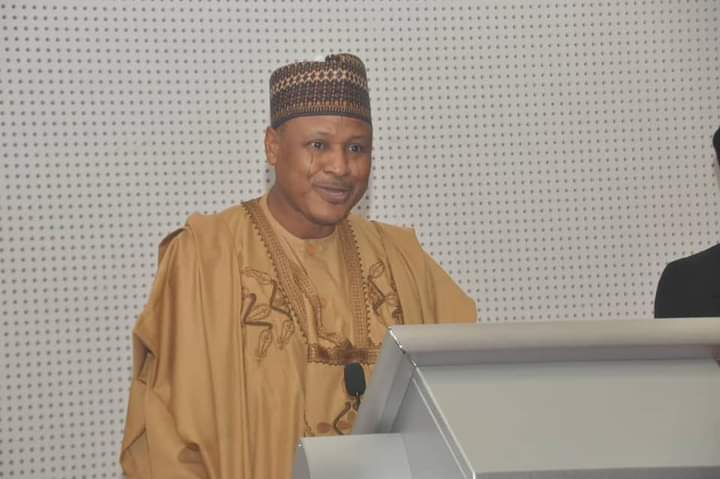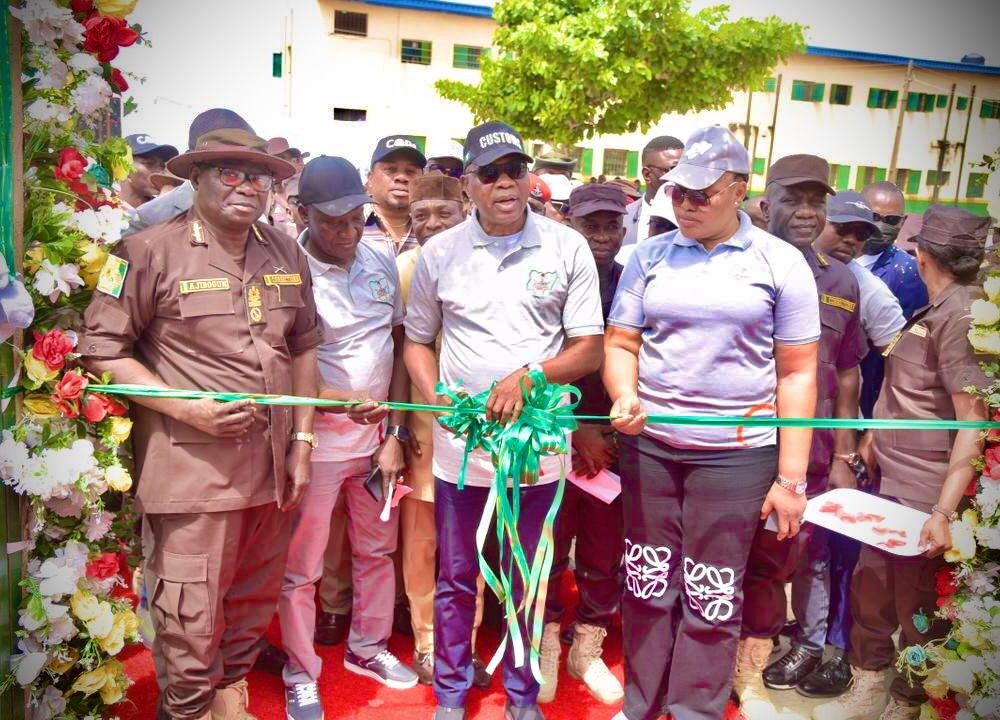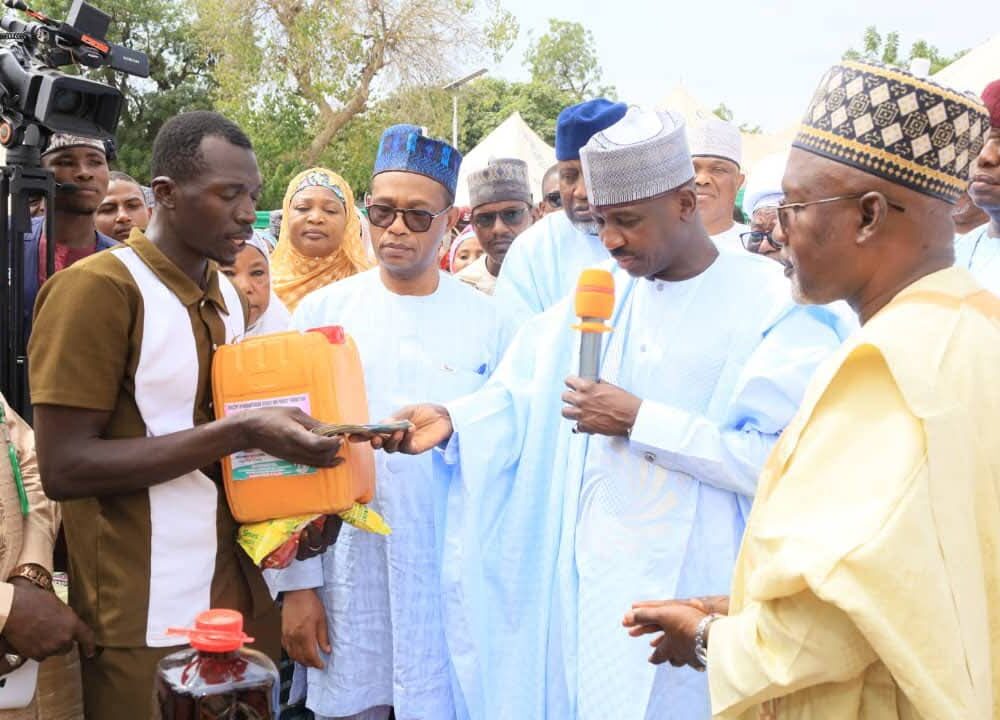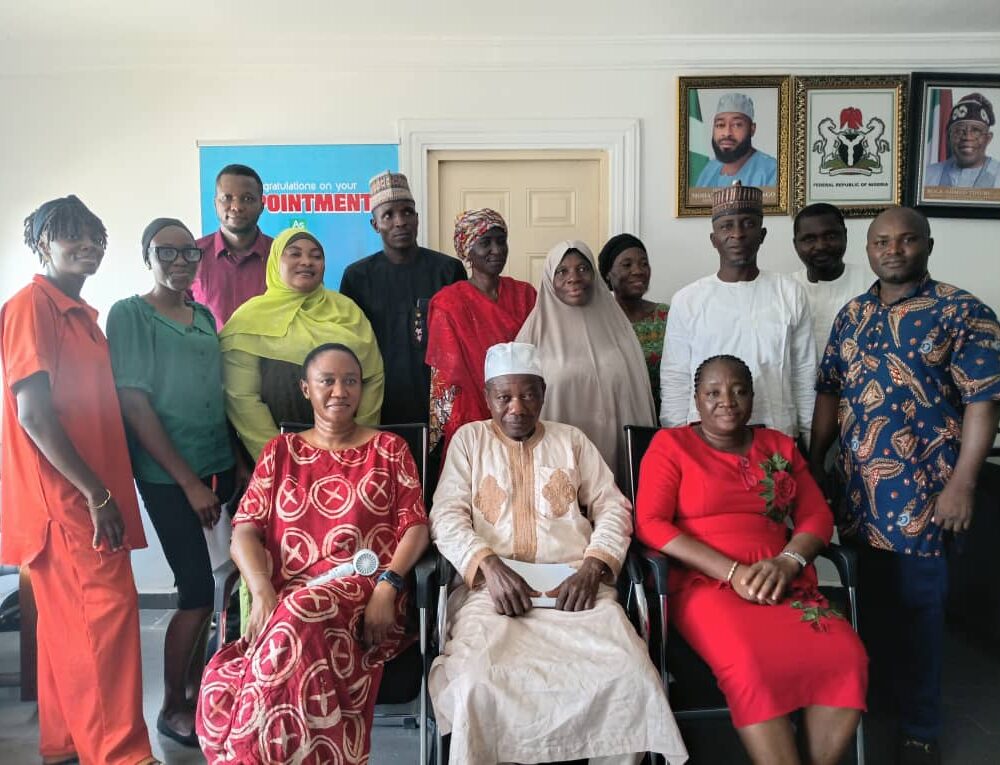Alhaji Mohammed Idris Malagi, the nominee from Niger State, has outlined a compelling vision for a digital Nigeria during his Senate screening. He emphasized the significance of investing in Nigeria’s digital assets to meet international standards and stressed the need for comprehensive training and retraining programs for media workers to effectively utilize the equipment. Malagi, who is the Publisher of Blueprint Newspaper and CEO of WeFM, highlighted his track record of employing over 200 people, with 100 of them being Nigerian graduates, illustrating his commitment to addressing unemployment challenges.
During the screening, Malagi underscored the importance of creating an enabling environment that fosters a more private sector-driven economy, which can engage more people and curb youth unemployment. He believes that government policies should encourage private sector participation and collaboration, rather than solely relying on the government as a major employer of labor.
Regarding financial matters, Malagi commended the substantial savings of over 1 trillion Naira, which can be reinvested into various sectors of the economy, especially infrastructure development. He expressed his commitment to ensuring transparency and accountability in resource management by providing credible information to Nigerians.
As a prospective minister, Malagi pledged to prioritize communication and give due attention to Nigeria’s digital assets to combat the spread of fake news and keep citizens well-informed. He reflected on his role as Tinubu’s Director of Strategic Communication during the campaigns, where he emphasized leveraging digital media to promote campaign manifestos.
Additionally, Malagi pointed out that while FRCN and NTA are doing commendable work, there is room for improvement in terms of adopting advanced technologies to enhance picture quality and overall performance.
In his submission, Malagi emphasized the role of communication in Nigeria’s development and recounted his successful efforts in reviving a struggling government-owned company through his valuable experience. He reiterated that tackling unemployment requires both government support and a conducive environment for private sector growth.
Moreover, Malagi highlighted the need for regulations to address the proliferation of fake news, emphasizing the importance of credible information dissemination for the benefit of both the government and the citizens.
He called for radio and TV stations to invest in digital assets and embrace emerging technologies to elevate their broadcasting standards, emphasizing the necessity of controlling the proliferation of licenses to ensure quality programming.
In conclusion, Alhaji Mohammed Idris Malagi’s vision for a digital Nigeria encompasses crucial elements such as investment in digital assets, fostering a private sector-driven economy, promoting transparency through credible information, and utilizing advanced technologies for media development. His extensive experience and commitment to empowering Nigerian youth make him a strong candidate for the ministerial position.





